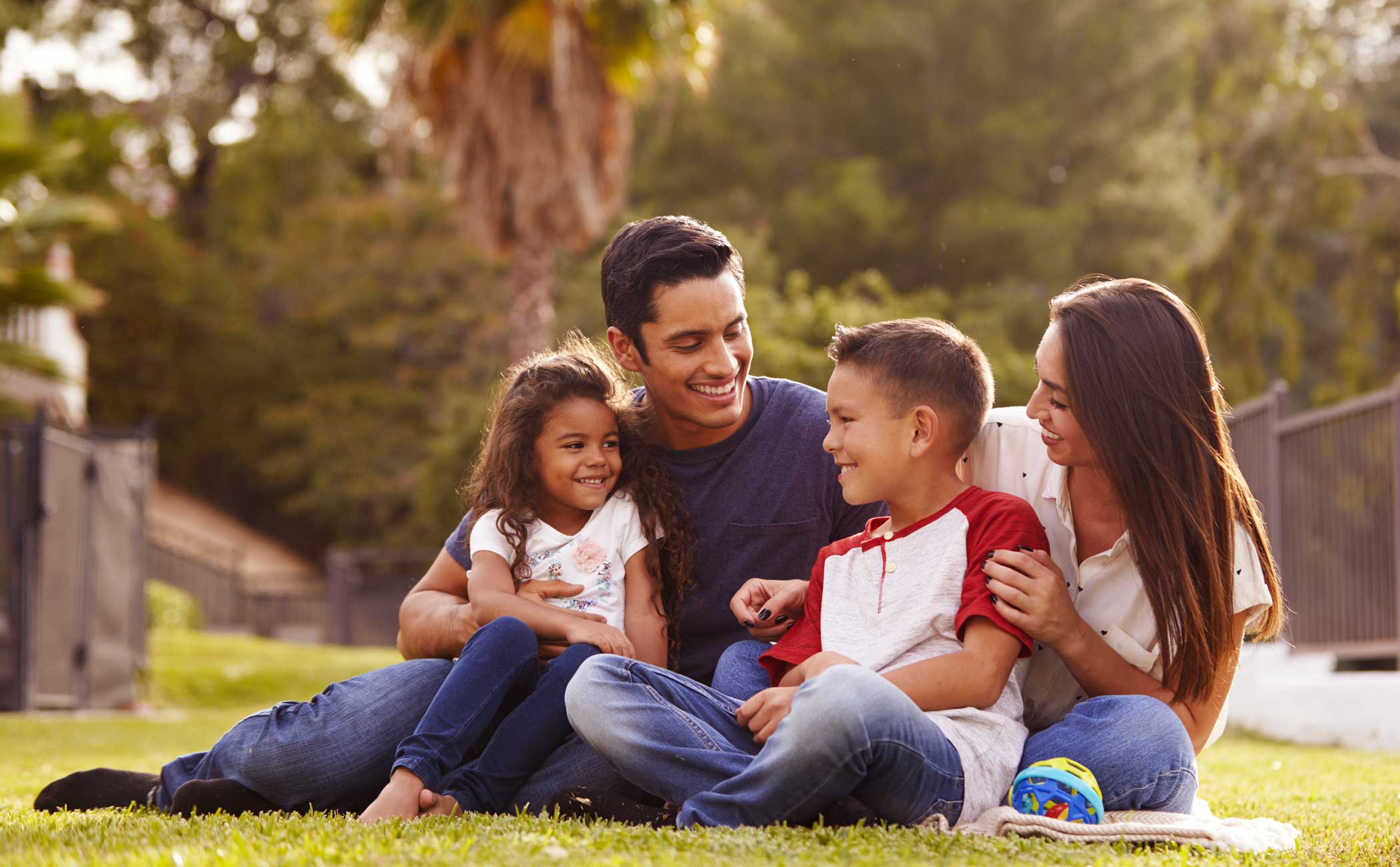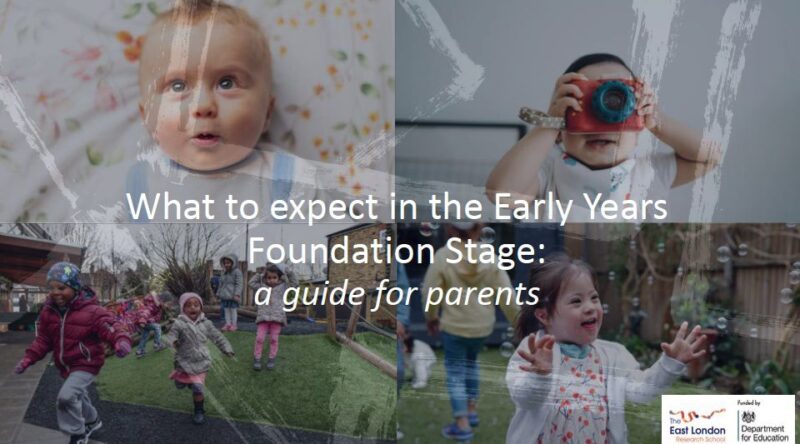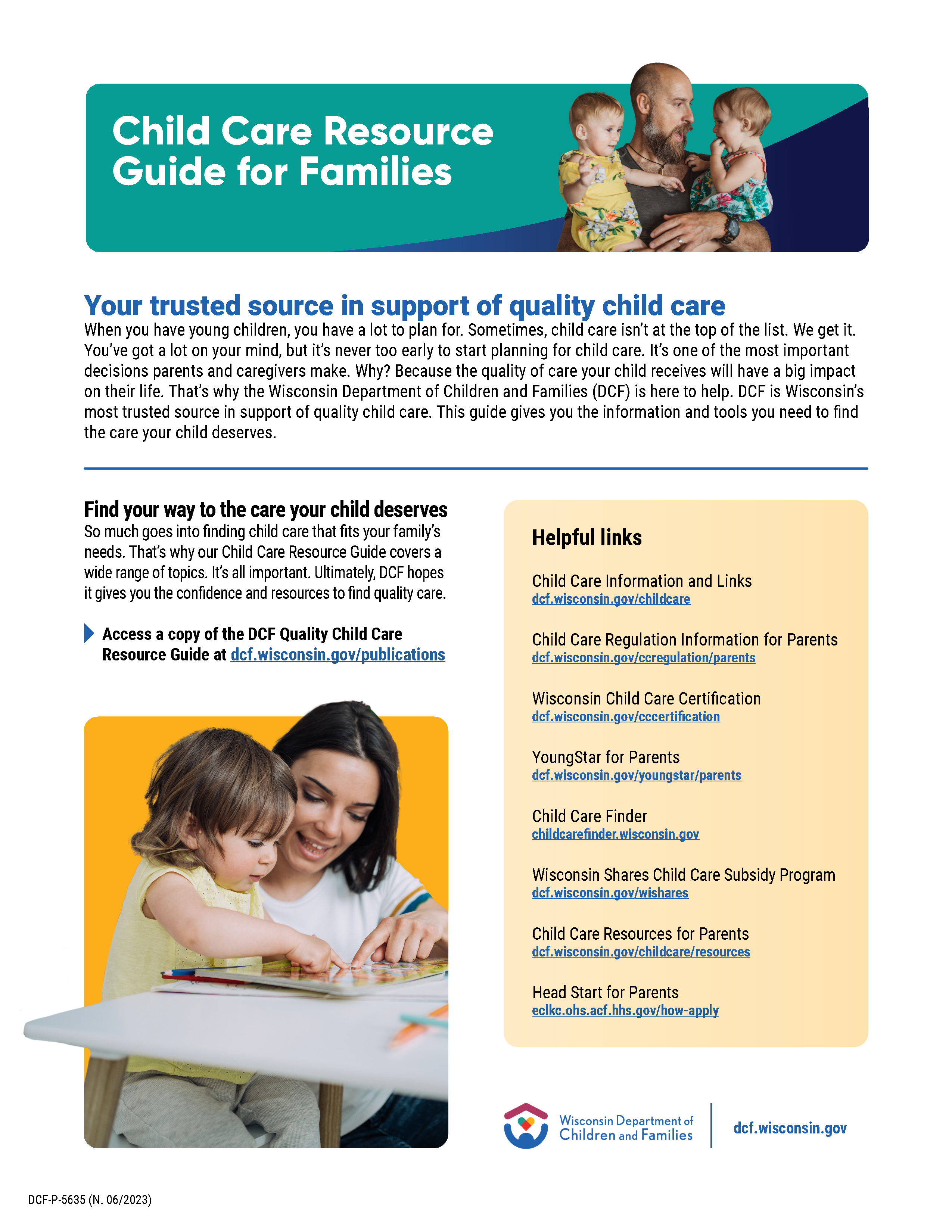Early childhood care is the care and education of children from birth to age 8. It is a critical period in a child’s development, as it lays the foundation for their future learning and success. High-quality early childhood care can help children develop physically, cognitively, and socially. It can also help them learn important life skills, such as how to interact with others and how to solve problems.
There are many different types of early childhood care, including daycare, preschool, and Head Start. Each type of care has its own benefits and drawbacks, so it is important to choose the one that is right for your child. When choosing a care provider, it is important to consider the provider’s experience, qualifications, and reputation. You should also visit the facility and meet the staff to get a sense of the environment.
Early childhood care is an important investment in your child’s future. By choosing the right provider, you can help your child get the best possible start in life.

What is Early Childhood Care?
Early childhood care is the care and education of children from birth to age 8. It is a critical period in a child’s development, as it lays the foundation for their future learning and success.
High-quality early childhood care can help children develop physically, cognitively, and socially. It can also help them learn important life skills, such as how to interact with others and how to solve problems. There are many different types of early childhood care, including daycare, preschool, and Head Start.
| Type of Early Childhood Care | Benefits |
|---|---|
| Daycare | Provides a safe and nurturing environment for children to learn and grow. |
| Preschool | Prepares children for kindergarten by teaching them basic academic skills and social skills. |
| Head Start | Provides comprehensive early childhood care and education services to low-income families. |
Each type of care has its own benefits and drawbacks, so it is important to choose the one that is right for your child. When choosing a care provider, it is important to consider the provider’s experience, qualifications, and reputation. You should also visit the facility and meet the staff to get a sense of the environment.
Early childhood care is a valuable investment in your child’s future. By choosing the right provider, you can help your child get the best possible start in life.
The Importance of Early Childhood Care
Early childhood care is essential for a child’s development. It provides a safe and nurturing environment where children can learn and grow. Research has shown that children who participate in high-quality early childhood care programs are more likely to succeed in school and have better overall outcomes later in life.
There are many benefits to early childhood care, including:
- Improved cognitive development
- Enhanced social skills
- Increased language development
- Better physical health
- Reduced risk of behavioral problems
Early childhood care is an important investment in your child’s future. By providing your child with access to high-quality early childhood care, you can help them get the best possible start in life.
Early childhood behavioral management

The Importance of Early Childhood Care
Cognitive Development
Early childhood care provides a stimulating environment that can help children develop their cognitive skills. Children who participate in high-quality early childhood care programs have been shown to have better language skills, math skills, and problem-solving skills than children who do not participate in such programs. Early math concepts can be introduced through play and everyday activities, helping children develop a strong foundation for future learning.
For example, playing with blocks helps children develop spatial reasoning skills, while singing songs helps them develop language skills. By providing children with a variety of developmentally appropriate activities, early childhood care programs can help them reach their full potential.
Social and Emotional Development
Early childhood care also plays an important role in children’s social and emotional development. Children who participate in high-quality early childhood care programs are more likely to be able to interact with others in a positive way, to regulate their emotions, and to cope with stress. They are also more likely to be able to develop healthy relationships with their peers and adults.
For example, playing with other children in a group setting helps children learn how to share, cooperate, and resolve conflicts. By providing children with a safe and supportive environment, early childhood care programs can help them develop the social and emotional skills they need to succeed in school and in life. Social skills are essential for children’s overall development and well-being.
| Age | Developmental Milestone |
|---|---|
| 0-3 months | Begins to smile and coo |
| 3-6 months | Rolls over, sits up with support |
| 6-9 months | Crawls, pulls up to stand |
Physical Development
Early childhood care can also help children develop their physical skills. Children who participate in high-quality early childhood care programs are more likely to be physically active, to have healthy eating habits, and to get enough sleep. They are also more likely to be able to develop good hygiene habits.
For example, playing outside helps children develop their gross motor skills, while playing with puzzles helps them develop their fine motor skills. By providing children with a variety of developmentally appropriate activities, early childhood care programs can help them reach their full potential.
- Physical activities are important for children’s overall development.
- Healthy eating habits help children maintain a healthy weight and avoid chronic diseases.
- Getting enough sleep helps children stay alert and focused.

Different Types of Early Childhood Care
There are many different types of early childhood care, each with its own benefits and drawbacks. Some of the most common types of early childhood care include:
Daycare
Daycare is a type of early childhood care that provides care for children during the day, while their parents are at work or school. Daycare can be provided in a variety of settings, including homes, churches, and community centers.Daycare can provide children with a safe and nurturing environment where they can learn and grow. Daycare providers can also help children develop important social skills, such as how to interact with other children and how to follow directions.
- Daycare can be a great option for parents who need to work or go to school.
- Choosing the right preschool is an important decision for parents.
Preschool
Preschool is a type of early childhood care that provides education and care for children before they enter kindergarten. Preschool can be provided in a variety of settings, including public schools, private schools, and community centers.Preschool can help children develop important academic skills, such as reading, writing, and math. Preschool can also help children develop important social skills, such as how to interact with other children and how to follow directions.
| Age | Developmental Milestone |
|---|---|
| 0-3 months | Begins to smile and coo |
| 3-6 months | Rolls over, sits up with support |
| 6-9 months | Crawls, pulls up to stand |
Head Start
Head Start is a federally funded program that provides comprehensive early childhood care and education services to low-income families. Head Start programs are located in a variety of settings, including schools, community centers, and churches.Head Start programs provide children with a variety of services, including:
- Education
- Health care
- Nutrition
- Social services
Head Start programs can help children get the best possible start in life. Head Start programs have been shown to improve children’s cognitive development, social development, and health outcomes.“Head Start is a valuable investment in our children’s future.” – Barack Obama

Choosing the Right Early Childhood Care Provider
Consider Your Child’s Needs
When choosing an early childhood care provider, it is important to consider your child’s individual needs. Some things to think about include your child’s age, developmental stage, and personality. You should also consider your child’s interests and learning style.For example, if your child is very active, you may want to choose a care provider that offers a lot of outdoor activities. If your child is shy, you may want to choose a care provider that has a small group size.
| Factor | Considerations |
|---|---|
| Age | Different age groups have different needs. |
| Developmental stage | Consider your child’s cognitive, social, and emotional development. |
| Personality | Some children are more outgoing than others. |
Visit the Facility
Once you have considered your child’s needs, you should visit the facility. This will give you a chance to see the environment and meet the staff. You should also observe the children to see how they interact with each other and with the staff.When you visit the facility, be sure to ask about the following:
- The provider’s philosophy and approach to early childhood care
- The provider’s experience and qualifications
- The provider’s curriculum and activities
- The provider’s safety and security procedures
- The provider’s fees and payment policies
Choosing the right preschool is an important decision for parents.
Talk to Other Parents
Another great way to learn about early childhood care providers is to talk to other parents. Ask your friends, family, and neighbors for recommendations. You can also read online reviews of different providers.Talking to other parents can give you valuable insights into the quality of care that a provider offers. They can also tell you about their experiences with the provider and whether or not they would recommend them.“The best way to find a good early childhood care provider is to talk to other parents.” – American Academy of Pediatrics
Trust Your Gut
Ultimately, the best way to choose an early childhood care provider is to trust your gut. If you have a good feeling about a provider, it is likely that your child will too.Choosing the right early childhood care provider is an important decision. By following these tips, you can find a provider that meets your child’s needs and provides them with a safe and nurturing environment to learn and grow.Early childhood education policy overview

Final Thought
Early childhood care is an essential part of a child’s development. It provides a safe and nurturing environment where children can learn and grow. There are many different types of early childhood care, so it is important to choose the one that is right for your child. When choosing a care provider, it is important to consider the provider’s experience, qualifications, and reputation. You should also visit the facility and meet the staff to get a sense of the environment.
Early childhood care is an investment in your child’s future. By choosing the right provider, you can help your child get the best possible start in life.




